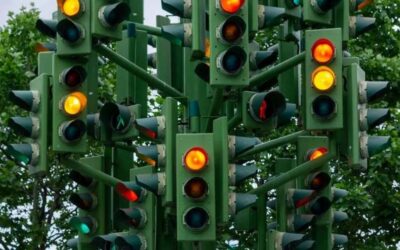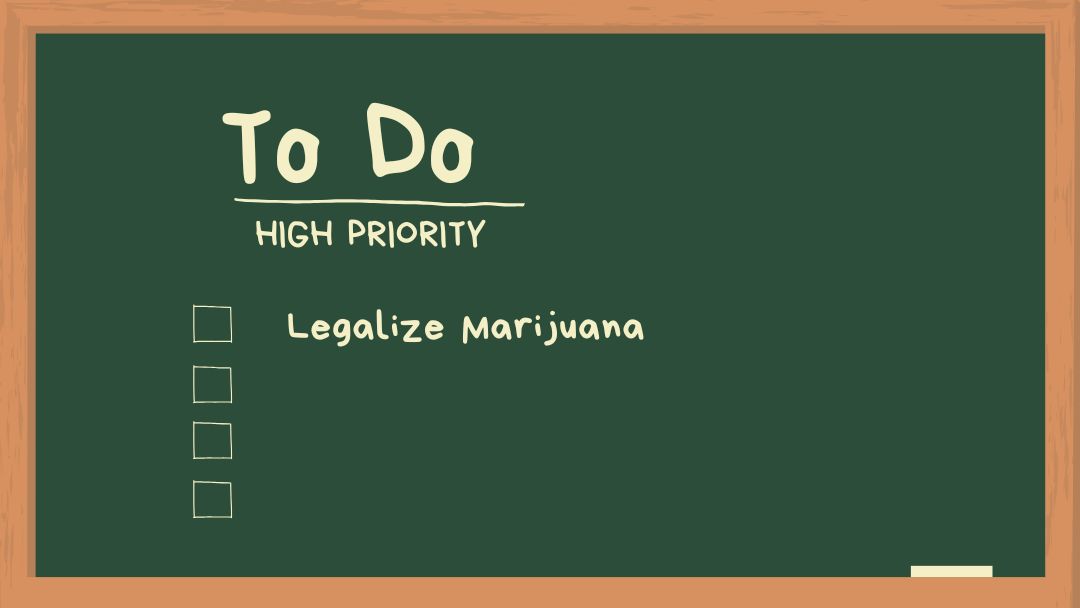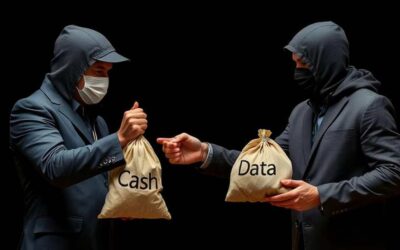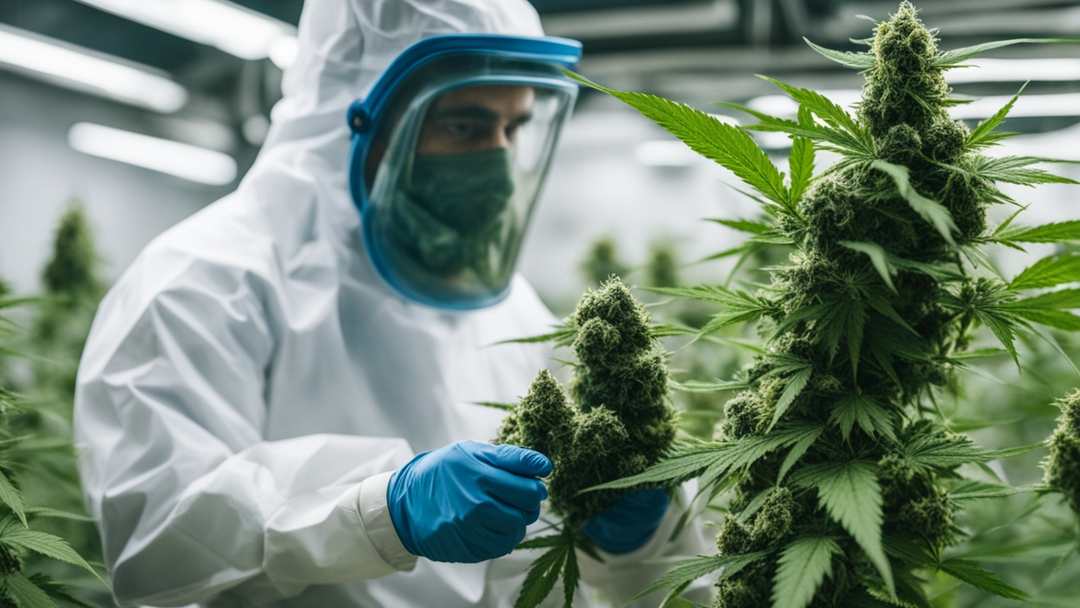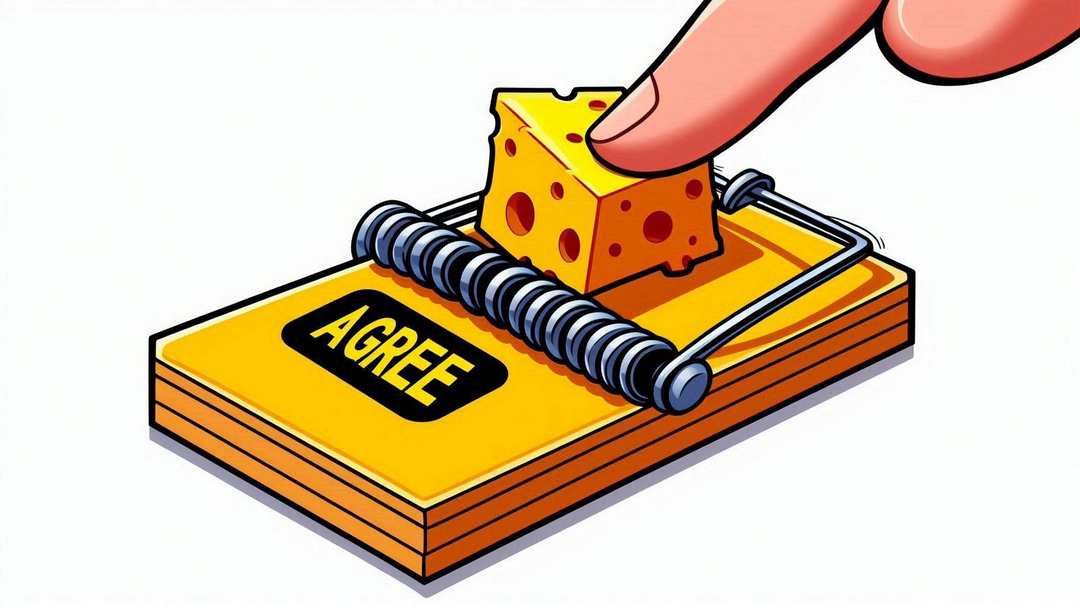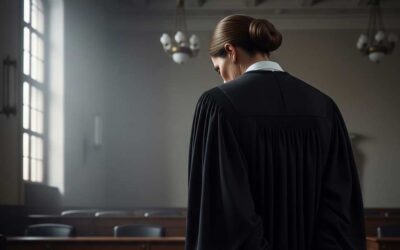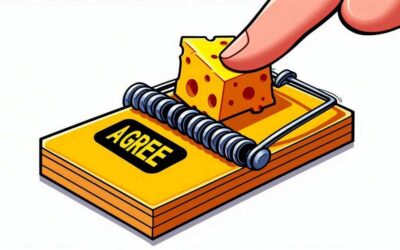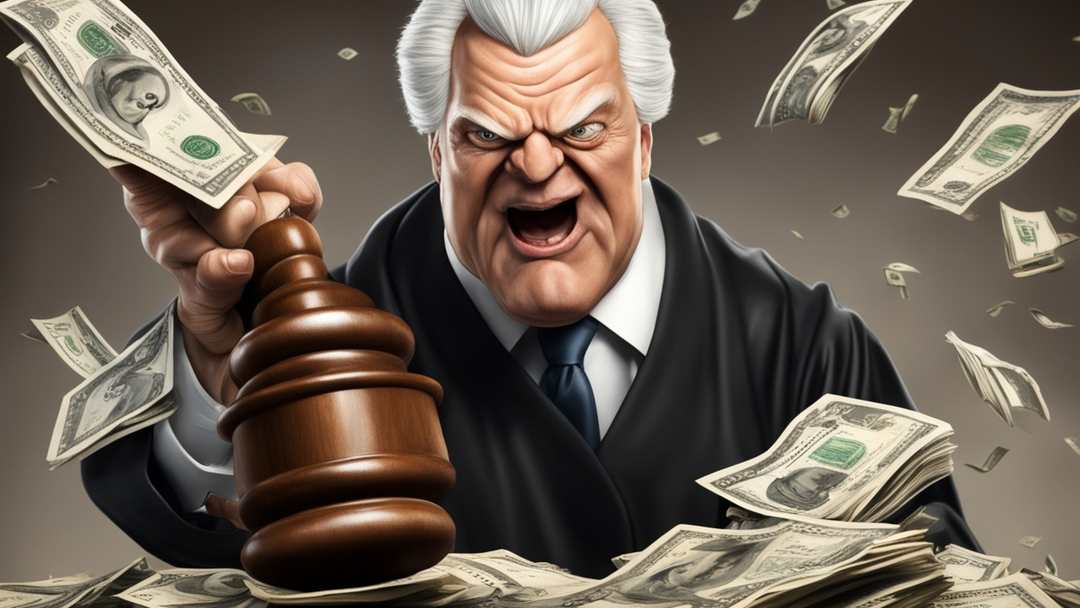What are Miranda Rights?Miranda Rights, also known as the Miranda warning, are the rights given to people in the United States upon arrest. “You have the right to remain silent. Anything you say can and will be used against you in a court of law…” These rights stem...

Compounding Charges Laws in Michigan
Understanding Compounding Charges Laws in Michigan
Compounding charges refer to the illegal act of accepting or agreeing to accept a benefit in exchange for not prosecuting a crime. In Michigan, this is considered a serious offense, and the law specifically prohibits it under Michigan Laws.
What is Compounding?
Compounding occurs when a person involved in or aware of a crime chooses not to report it or prosecute it in exchange for something valuable. Essentially, it’s a way of “settling” the matter privately instead of going through the legal system, often through money, services, or other forms of compensation.
The Michigan Law (MCL 750.122)
According to MCL 750.122, it is illegal for someone to:
- Accept money, property, or any advantage in exchange for agreeing not to pursue charges or report a crime.
- Offer money or benefits to someone else to prevent them from prosecuting or reporting a crime.
This law applies to both the person who might report the crime (such as the victim) and the person who offers the benefit (such as the offender). The law makes it clear that the proper way to handle any crime is through the court system, not private arrangements.
Penalties
The penalties for compounding can vary based on the severity of the underlying crime. Under MCL 750.122(7), if the crime being “settled” is a felony, then compounding the charge is also treated as a felony. If the crime is a misdemeanor, compounding becomes a misdemeanor. This ensures that compounding is not an easy way out of legal consequences.
Why This Matters
The reason compounding charges are treated so seriously is to ensure justice. When someone allows a crime to be hidden in exchange for personal gain, it undermines the justice system and can allow criminals to avoid punishment.
In Michigan, the law against compounding charges is clear and strict. It is never legal to accept or offer benefits in exchange for not prosecuting or reporting a crime. The courts are the proper avenue for handling all criminal matters.
For more details, you can view the specific law on the Michigan Legislature website (MCL) Section 750.122.
Any Exceptions?
In Michigan, there are no exceptions that allow for compounding charges under MCL 750.122.
The law is strict in prohibiting any agreement to accept compensation in exchange for not reporting or prosecuting a crime.
This means that regardless of the circumstances, a person cannot legally accept money, services, or other benefits to refrain from involving the legal system in a crime.
Unless you are rich and famous or a politician.
However, while MCL 750.122 prohibits private settlements or agreements to avoid prosecution, there are legal alternatives within the justice system itself, such as plea bargains and restitution agreements.
These are formal processes, overseen by courts or prosecutors, where a defendant may agree to plead guilty to a lesser charge or make amends to the victim. Importantly, these arrangements are part of the legal system and are monitored to ensure fairness and justice.
Exactly how many people are locked up for weed?
“The best we can do is an educated guess.”
Note: This article provides a general overview and does not substitute for legal advice. Anyone charged with an offense should consult an attorney for specific legal guidance. Don’t forget the internet is full of “Misinformation”
More Articles
What are Miranda Rights?
What is the Exclusionary Rule?
What is the Exclusionary Rule?The Exclusionary Rule is a legal principle in the United States that prevents the government from using most evidence gathered in violation of the United States Constitution. Specifically, it applies to evidence obtained through an...
Scientists Discover The Reason Cannabis Causes The Munchies
For the first time, scientists have uncovered the precise neurological impacts of cannabis use that give rise to the phenomenon famously referred to as the "munchies," as revealed by an innovative study backed by federal funds. Researchers at Washington State...
What Are Your First Amendment Rights For Now
The Constitution of the United States is the supreme law of the United States of America for now. It superseded the Articles of Confederation, the nation's first constitution, in 1789. Originally comprising seven articles, it delineates the national frame and...
I recently encountered a new traffic light with 4 different signals – I am confused?!?
Question: I recently encountered a new traffic light with 4 different signals - What am I supposed to do when the light is flashing a yellow arrow? Answer: The Michigan Department of Transportation (MDOT) has recently begun replacing the old flashing red signals for...
How do I treat a dark traffic signal at an intersection?
Question: How do I treat a dark traffic signal at an intersection? Answer: When a signal at an intersection loses power and there are no other traffic control devices (e.g., stop sign, yield sign, temporary signal, temporary sign) or police officers present at...






